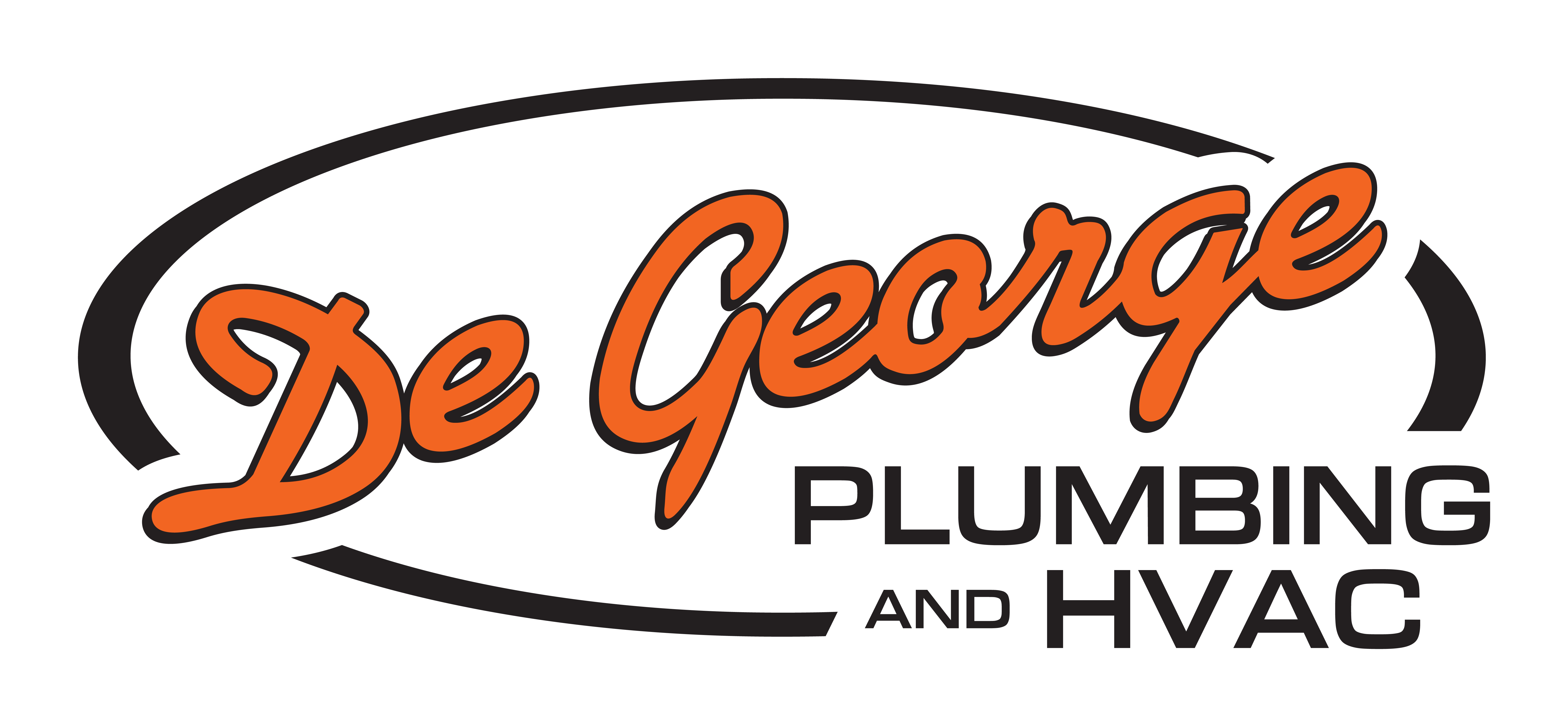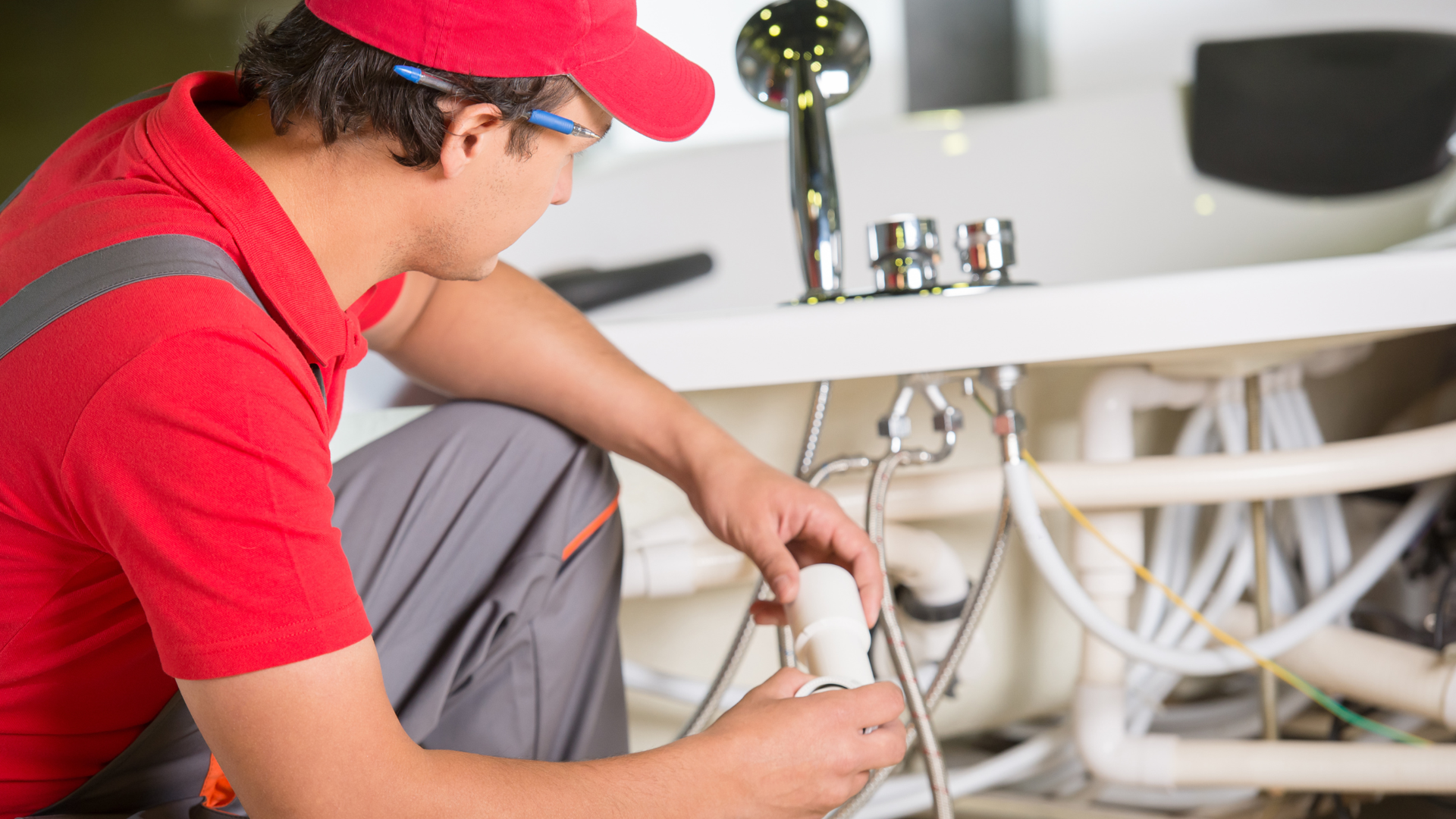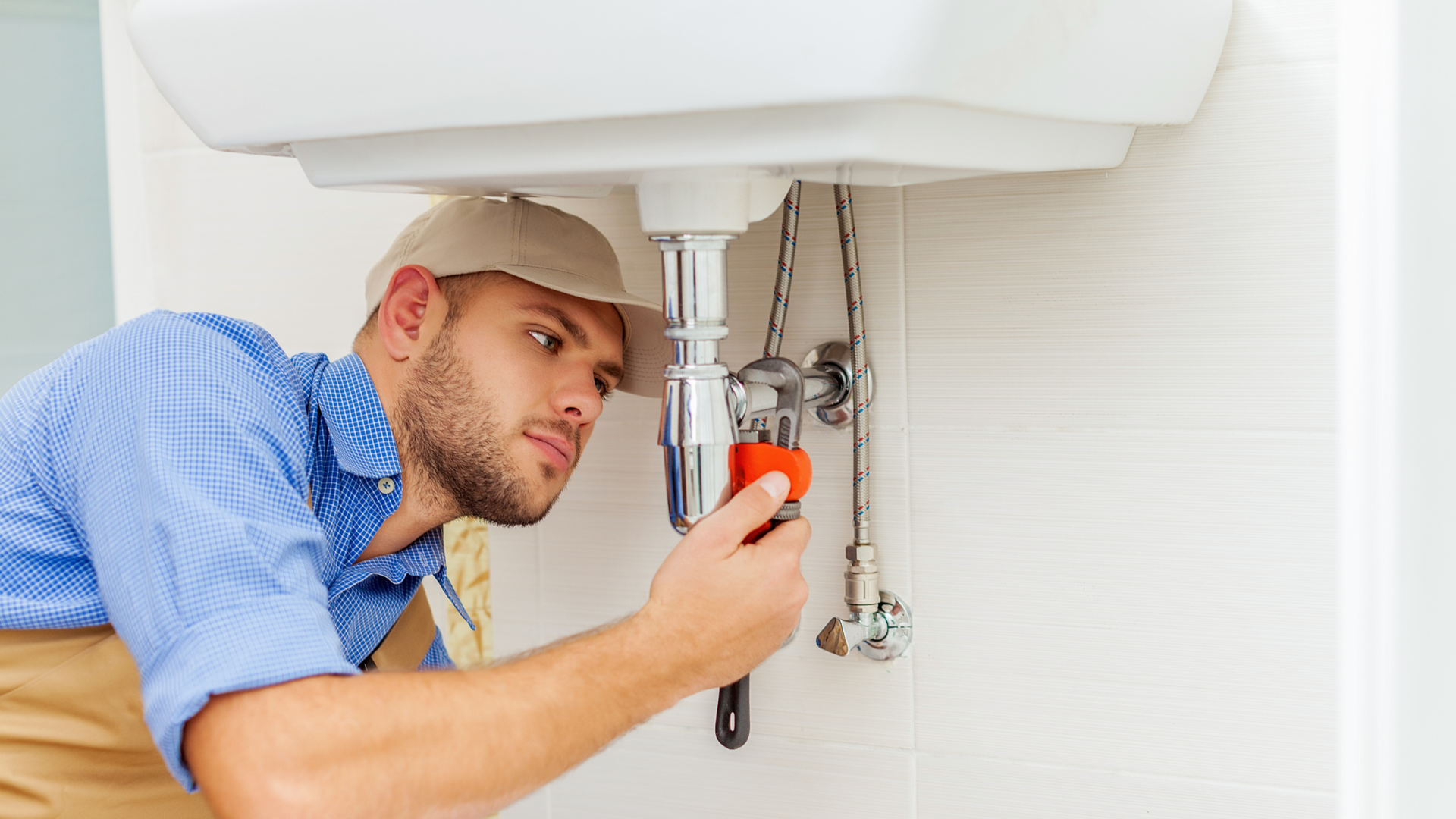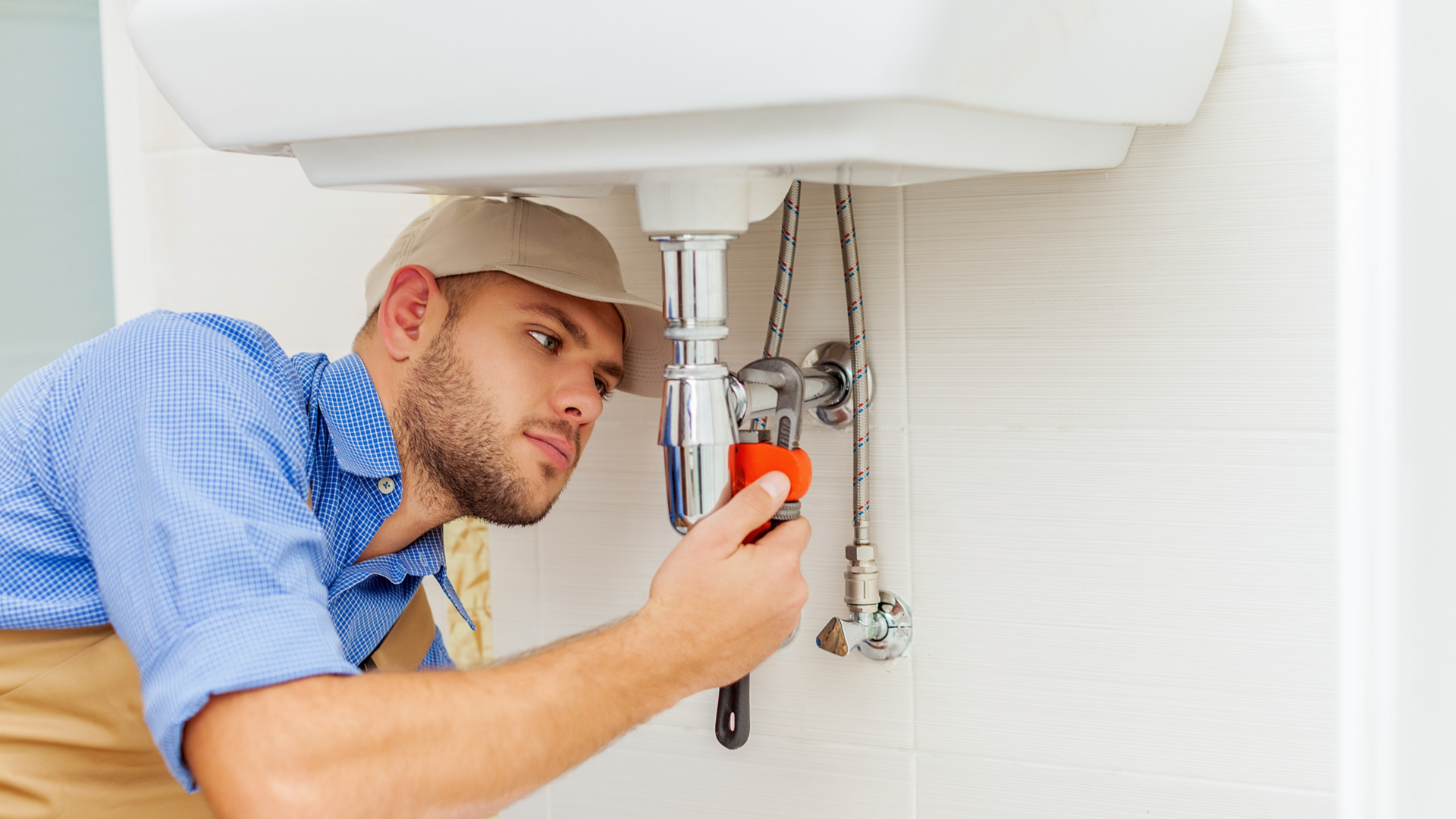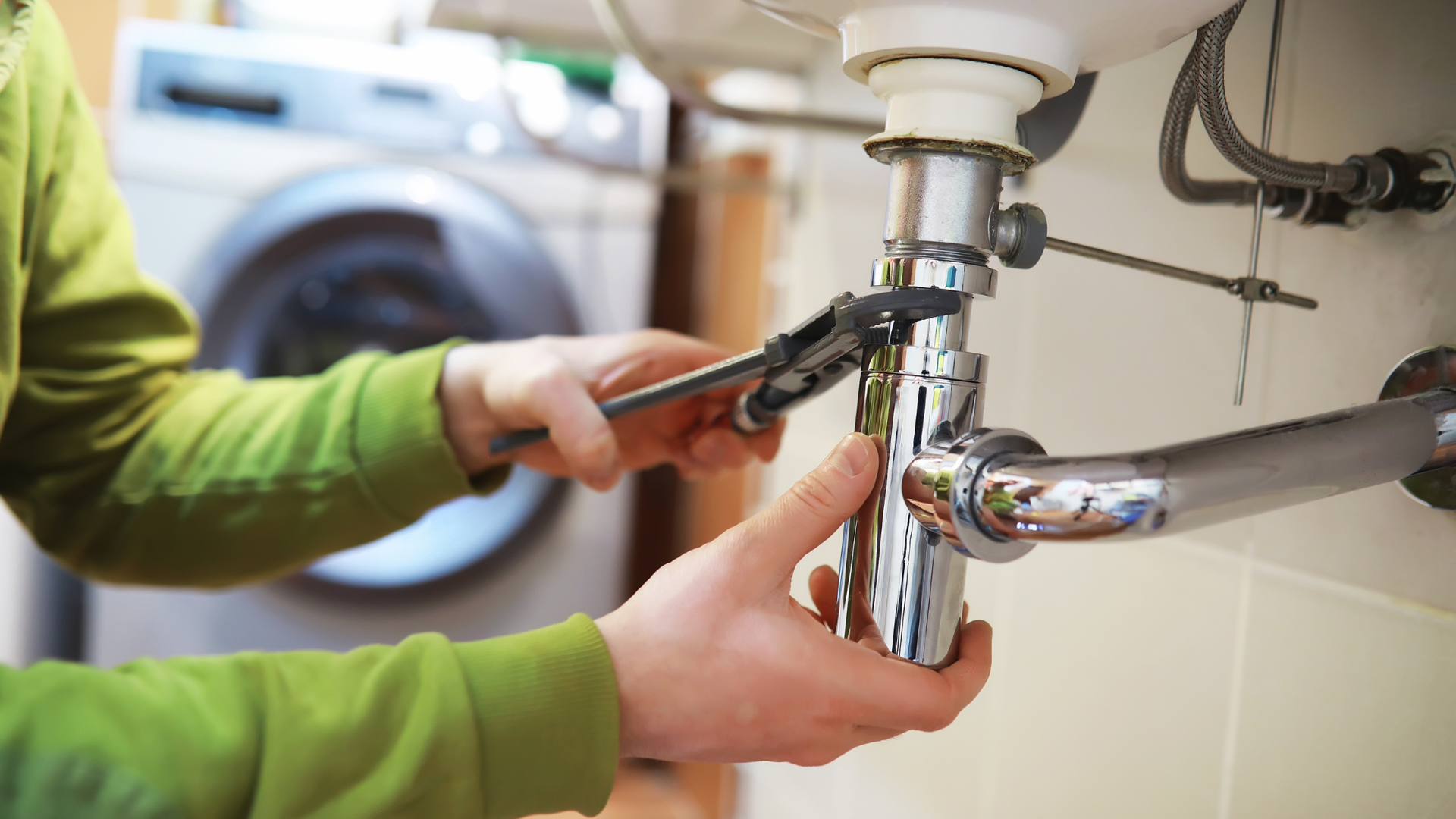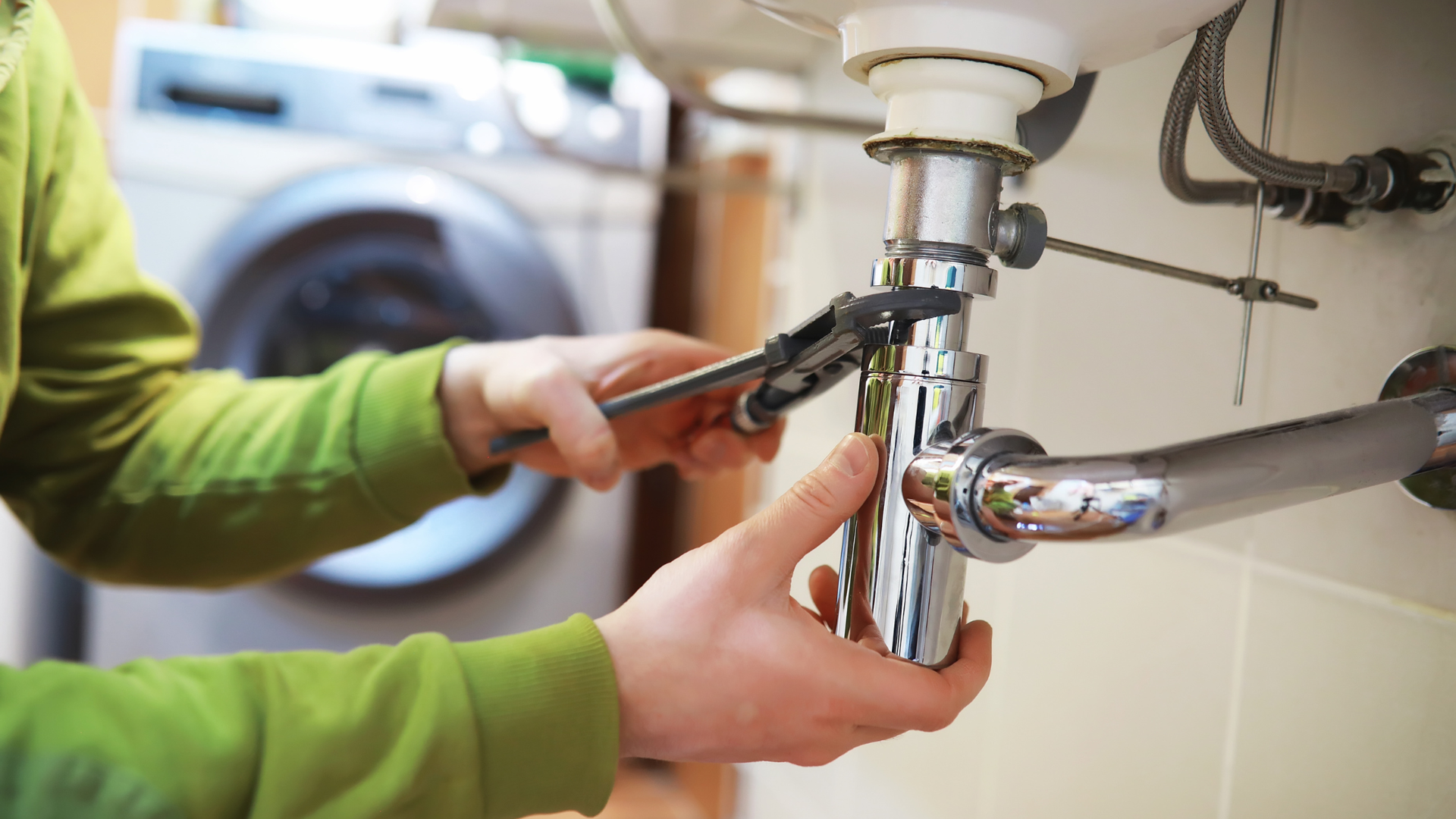Averting Major Plumbing Disasters
Regular plumbing inspections are instrumental in spotting minor snafus before they morph into monstrous headaches. By consistently reviewing your plumbing setup, you can catch issues like tiny leaks, annoying clogs, or aging parts before they spiral out of control. This anticipatory stance helps you tackle problems swiftly, preventing them from snowballing into costly repairs or causing widespread water havoc.
Engaging in preemptive maintenance is key to dodging unforeseen plumbing crises that can throw your daily routine into chaos. Scheduling these inspections guarantees that your plumbing remains in peak shape. This foresight allows homeowners to handle small glitches and tweaks as they arise, bypassing hefty expenses and inconvenience down the line.
What’s more, regular checks bolster the long-term efficiency and sturdiness of your plumbing system. Like any vital home component, your plumbing thrives on steady upkeep and attention. Through frequent inspections, Phoenix residents can prolong the lifespan of their plumbing, ensuring a dependable and efficient system for the long haul.
Safeguarding Water Purity and Health
Routine plumbing inspections are crucial for detecting potential contaminants in your water supply. In Phoenix, where water quality can fluctuate, ensuring your water remains safe and potable is paramount. These inspections can uncover early traces of contamination—whether harmful bacteria, chemicals, or other nasty substances—allowing for prompt management.
Additionally, these inspections play a critical role in ensuring your plumbing system is free from leaks and corrosion. Both issues can not only lead to water wastage but also introduce pollutants into your home’s water. By addressing these concerns during regular checks, you can rest assured that the water cascading through your taps is pristine and safe for family use.
Maintaining water safety and cleanliness is vital for the overall health and well-being of your household. Regular inspections by DeGeorge Plumbing assure that your water quality remains uncompromised, offering peace of mind and a healthy home environment.
Boosting Property Value
Routine plumbing inspections reap substantial benefits for the value of your home. A well-kept plumbing system significantly augments the charm and marketability of your property.
One chief way these inspections elevate your home’s value is by ensuring all plumbing components are in top-notch condition. This averts potential problems and reassures prospective buyers that they won’t need to shell out for immediate repairs. Buyers often seek homes with upgraded and well-maintained plumbing, as it signals attentive upkeep.
Furthermore, having a repertoire of regular plumbing maintenance records can be a notable asset. Detailed logs of inspections and any requisite repairs demonstrate that your plumbing system is in stellar shape, providing a clear history to potential buyers. This transparency can significantly boost buyer confidence and possibly lead to higher offers.
In summation, investing in routine plumbing inspections is a savvy choice that ensures the longevity and efficacy of your plumbing system while enhancing your home’s value. For homeowners in Phoenix, this preemptive strategy not only maintains your plumbing in prime condition but also serves as a compelling edge in the real estate market.
Preventing Exorbitant Repairs
Scheduling routine plumbing inspections in Phoenix is crucial as it allows us to spot minor glitches before they morph into significant catastrophes. A trivial leak or a sluggish drain may appear inconsequential at first, but these minute issues can balloon into severe troubles if neglected.
With consistent inspections, one can effectively dodge emergency plumbing fiascos. Urgencies like burst pipes or overflowing toilets wreak havoc on daily life and typically demand instant, costly rectifications. Regular checks ensure identification and mitigation of potential threats long before they become dire emergencies.
The substantial upside of periodic plumbing inspections lies in the long-term financial savings through early problem detection. Addressing a minor leak or replacing a small component during an inspection is a fraction of the cost compared to large-scale repairs required after a major defect. Proactive maintenance enables homeowners and property managers to keep their plumbing systems in peak condition, thwarting unexpected financial strains.
Ensuring Uninterrupted Functionality
Regular plumbing inspections are fundamental in sustaining the flawless operation of your home’s plumbing setup. Routine assessments ensure that plumbing operates at its zenith, reducing the chances of disruptions and expensive fixes.
Maintains Ideal Water Pressure and Circulation
One notable advantage of regular plumbing inspections is the preservation of optimal water pressure and flow. Erratic water pressure often hints at lurking issues such as blockages or leaks. Through professional assessments, these problems can be pinpointed and remedied promptly, ensuring showers, faucets, and other water outlets operate without a hitch.
Curbs Water Wastage from Leaks
Leak detection stands as a pivotal element of plumbing inspections. Stealthy leaks contribute to significant water wastage, inflating utility bills and imposing undue stress on Phoenix’s water reserves. By detecting and fixing leaks early, homeowners can save water and reduce costs.
Enhances Overall Plumbing Efficiency
Routine evaluations significantly boost the long-term efficiency of your plumbing system. By maintaining pipes, fixtures, and heaters in prima condition, you avert sudden failures and extend the lifespan of your plumbing setup. This foresighted strategy not only saves money but also fortifies the dependability and performance of your home’s plumbing.
Conclusively, regular plumbing inspections are a cornerstone of preventive care in Phoenix, ensuring your home’s plumbing remains efficient, reliable, and economical.
Preserving Home Health and Safety
Regular plumbing inspections hold paramount importance in safeguarding the health and safety of your Phoenix home. Here’s how:
Scans for Dangerous Mold and Mildew
Mold and mildew flourish in damp, neglected areas and pose significant health risks. During a plumbing check-up, experts search for signs of leaks that could foster mold growth. Prompt detection helps avert the health dangers of mold and mildew, such as respiratory ailments and allergies.
Detects and Rectifies Potential Hazards
Plumbing systems not only carry water but can also ferry gas. A meticulous inspection reveals potential gas leaks, which are hazardous if unnoticed. Promptly dealing with these threats ensures household safety.
Verifies Water Quality Safety
Your plumbing system is pivotal in delivering clean, safe water. Inspections ensure that your water supply remains uncontaminated and safe for daily consumption. Regular checks of pipes and fixtures help preclude water quality issues caused by corrosion or other plumbing problems.
Preventing Exorbitant Repairs
Scheduling routine plumbing inspections in Phoenix is crucial as it allows us to spot minor glitches before they morph into significant catastrophes. A trivial leak or a sluggish drain may appear inconsequential at first, but these minute issues can balloon into severe troubles if neglected.
With consistent inspections, one can effectively dodge emergency plumbing fiascos. Urgencies like burst pipes or overflowing toilets wreak havoc on daily life and typically demand instant, costly rectifications. Regular checks ensure identification and mitigation of potential threats long before they become dire emergencies.
The substantial upside of periodic plumbing inspections lies in the long-term financial savings through early problem detection. Addressing a minor leak or replacing a small component during an inspection is a fraction of the cost compared to large-scale repairs required after a major defect. Proactive maintenance enables homeowners and property managers to keep their plumbing systems in peak condition, thwarting unexpected financial strains.
Ensuring Uninterrupted Functionality
Regular plumbing inspections are fundamental in sustaining the flawless operation of your home’s plumbing setup. Routine assessments ensure that plumbing operates at its zenith, reducing the chances of disruptions and expensive fixes.
Maintains Ideal Water Pressure and Circulation
One notable advantage of regular plumbing inspections is the preservation of optimal water pressure and flow. Erratic water pressure often hints at lurking issues such as blockages or leaks. Through professional assessments, these problems can be pinpointed and remedied promptly, ensuring showers, faucets, and other water outlets operate without a hitch.
Curbs Water Wastage from Leaks
Leak detection stands as a pivotal element of plumbing inspections. Stealthy leaks contribute to significant water wastage, inflating utility bills and imposing undue stress on Phoenix’s water reserves. By detecting and fixing leaks early, homeowners can save water and reduce costs.
Enhances Overall Plumbing Efficiency
Routine evaluations significantly boost the long-term efficiency of your plumbing system. By maintaining pipes, fixtures, and heaters in prima condition, you avert sudden failures and extend the lifespan of your plumbing setup. This foresighted strategy not only saves money but also fortifies the dependability and performance of your home’s plumbing.
Conclusively, regular plumbing inspections are a cornerstone of preventive care in Phoenix, ensuring your home’s plumbing remains efficient, reliable, and economical.
Preserving Home Health and Safety
Regular plumbing inspections hold paramount importance in safeguarding the health and safety of your Phoenix home. Here’s how:
Scans for Dangerous Mold and Mildew
Mold and mildew flourish in damp, neglected areas and pose significant health risks. During a plumbing check-up, experts search for signs of leaks that could foster mold growth. Prompt detection helps avert the health dangers of mold and mildew, such as respiratory ailments and allergies.
Detects and Rectifies Potential Hazards
Plumbing systems not only carry water but can also ferry gas. A meticulous inspection reveals potential gas leaks, which are hazardous if unnoticed. Promptly dealing with these threats ensures household safety.
Verifies Water Quality Safety
Your plumbing system is pivotal in delivering clean, safe water. Inspections ensure that your water supply remains uncontaminated and safe for daily consumption. Regular checks of pipes and fixtures help preclude water quality issues caused by corrosion or other plumbing problems.
Inspecting and Insulating Pipes
As Phoenix braces for cooler seasons, it becomes paramount to scrutinize and shield your pipes to ward off potential complications. Phoenix might not face harsh winters, but even a nippy night can spell trouble for your plumbing. So, how do you keep your pipes in pristine condition?
Why Inspecting Pipes is Essential
Frequent check-ups are indispensable. Leaks and cracks can invite cold air, risking freezing or bursting pipes. Catching these issues early can save you from future headaches.
How to Insulate Your Pipes: A Steps Galore Guide
Insulating pipes isn’t rocket science, but it pays off. Let’s break it down:
- Spot the Pipes: Look for pipes in unheated zones like garages, attics, or basements.
- Clean Thoroughly: Wipe down the pipes free of dust and grime for better insulation adherence.
- Pick Your Insulation: Foam pipe insulation is your go-to in Phoenix—easy to install and efficient.
- Measure and Cut: Measure the pipe length precisely, then cut the insulation material accordingly, following the lines carefully.
- Secure Tightly: Wrap the insulation snugly around the pipe. Use adhesive tape or zip ties to keep it firmly in place.
Materials That Make Life Easier
Given Phoenix’s moderate climate, opt for simple yet effective materials like foam pipe insulation and pipe wrap tapes. They fend off cold snaps without being cumbersome.
By adhering to these steps, Phoenix homeowners can maintain their plumbing systems in prime condition through fall and beyond. Regular inspections coupled with proper insulation will stave off problems and sustain your system’s efficiency.
Checking and Cleaning Gutters
Gutters might not be top of mind, but overlooking them can lead to dire consequences for your plumbing system. Blocked gutters can usher in water damage, mold, and even structural issues.
How Blocked Gutters Spell Trouble
Stuffed gutters choke the flow of water, causing overflow. This excess water can seep into foundations, increase humidity, foster mold, and even threaten your home’s structural integrity. Worse, it could infiltrate your plumbing, creating leaks and steep repair costs.
Cleaning Gutters and Downspouts: A Safe Approach
Approach this task with caution. Here’s how:
- Use a sturdy ladder and have someone spot you for safety.
- Glove up to shield your hands from sharp debris.
- Deploy a trowel or scoop to clear out leaves and debris.
- Give the gutters a final rinse with a garden hose to ensure complete clearing.
- Run water through downspouts to check for blockages; use a plumber’s snake or high-pressure nozzle if needed.
Tricks to Sidestep Clogs
Install gutter guards—they block debris but allow water to pass. Regular checks and maintenance are crucial for optimal performance.
Keeping gutters pristine will stave off numerous plumbing issues and protect your home from potential damage, making fall the perfect time for this vital upkeep.
Water Heater Maintenance
As temperatures fall, your water heater’s condition becomes pivotal. Ensuring it’s in top shape can fend off unexpected failures and sustain energy efficiency. Here’s how:
Why Fall is a Key Time for Water Heater Maintenance
In Phoenix, reliance on water heaters spikes during fall. A well-maintained unit not only works more efficiently but also enjoys a longer lifespan. Regular upkeep can unearth issues early, avoiding breakdowns when hot water is most needed.
How to Flush Your Water Heater Tank
Sediment build-up can hamper efficiency and lead to corrosion. To flush your water heater:
- Cut the power supply. For electric, switch off the breaker; for gas, set the valve to ‘pilot’.
- Hook a garden hose to the drain valve at the tank’s base and direct the other end to a suitable drainage area.
- Open the drain valve; let the water—and sediment—flow out. Caution: water will be hot.
- Once emptied, close the drain valve, remove the hose, and turn the cold water supply back on to rinse out lingering sediment.
- Refill the tank and restore the power supply.
Annual flushing boosts your water heater’s efficiency and longevity.
Setting the Right Temperature for Fall
The U.S. Department of Energy advises setting your water heater to 120°F. It’s sufficiently hot for household needs, prevents scalding, and limits energy use. Maintaining this temperature ensures steady hot water without excessive energy consumption.
By following these tips, Phoenix homeowners can guarantee their water heaters run efficiently through cooler months, delivering dependable hot water for everyday use.
Inspecting and Insulating Pipes
As Phoenix braces for cooler seasons, it becomes paramount to scrutinize and shield your pipes to ward off potential complications. Phoenix might not face harsh winters, but even a nippy night can spell trouble for your plumbing. So, how do you keep your pipes in pristine condition?
Why Inspecting Pipes is Essential
Frequent check-ups are indispensable. Leaks and cracks can invite cold air, risking freezing or bursting pipes. Catching these issues early can save you from future headaches.
How to Insulate Your Pipes: A Steps Galore Guide
Insulating pipes isn’t rocket science, but it pays off. Let’s break it down:
- Spot the Pipes: Look for pipes in unheated zones like garages, attics, or basements.
- Clean Thoroughly: Wipe down the pipes free of dust and grime for better insulation adherence.
- Pick Your Insulation: Foam pipe insulation is your go-to in Phoenix—easy to install and efficient.
- Measure and Cut: Measure the pipe length precisely, then cut the insulation material accordingly, following the lines carefully.
- Secure Tightly: Wrap the insulation snugly around the pipe. Use adhesive tape or zip ties to keep it firmly in place.
Materials That Make Life Easier
Given Phoenix’s moderate climate, opt for simple yet effective materials like foam pipe insulation and pipe wrap tapes. They fend off cold snaps without being cumbersome.
By adhering to these steps, Phoenix homeowners can maintain their plumbing systems in prime condition through fall and beyond. Regular inspections coupled with proper insulation will stave off problems and sustain your system’s efficiency.
Checking and Cleaning Gutters
Gutters might not be top of mind, but overlooking them can lead to dire consequences for your plumbing system. Blocked gutters can usher in water damage, mold, and even structural issues.
How Blocked Gutters Spell Trouble
Stuffed gutters choke the flow of water, causing overflow. This excess water can seep into foundations, increase humidity, foster mold, and even threaten your home’s structural integrity. Worse, it could infiltrate your plumbing, creating leaks and steep repair costs.
Cleaning Gutters and Downspouts: A Safe Approach
Approach this task with caution. Here’s how:
- Use a sturdy ladder and have someone spot you for safety.
- Glove up to shield your hands from sharp debris.
- Deploy a trowel or scoop to clear out leaves and debris.
- Give the gutters a final rinse with a garden hose to ensure complete clearing.
- Run water through downspouts to check for blockages; use a plumber’s snake or high-pressure nozzle if needed.
Tricks to Sidestep Clogs
Install gutter guards—they block debris but allow water to pass. Regular checks and maintenance are crucial for optimal performance.
Keeping gutters pristine will stave off numerous plumbing issues and protect your home from potential damage, making fall the perfect time for this vital upkeep.
Water Heater Maintenance
As temperatures fall, your water heater’s condition becomes pivotal. Ensuring it’s in top shape can fend off unexpected failures and sustain energy efficiency. Here’s how:
Why Fall is a Key Time for Water Heater Maintenance
In Phoenix, reliance on water heaters spikes during fall. A well-maintained unit not only works more efficiently but also enjoys a longer lifespan. Regular upkeep can unearth issues early, avoiding breakdowns when hot water is most needed.
How to Flush Your Water Heater Tank
Sediment build-up can hamper efficiency and lead to corrosion. To flush your water heater:
- Cut the power supply. For electric, switch off the breaker; for gas, set the valve to ‘pilot’.
- Hook a garden hose to the drain valve at the tank’s base and direct the other end to a suitable drainage area.
- Open the drain valve; let the water—and sediment—flow out. Caution: water will be hot.
- Once emptied, close the drain valve, remove the hose, and turn the cold water supply back on to rinse out lingering sediment.
- Refill the tank and restore the power supply.
Annual flushing boosts your water heater’s efficiency and longevity.
Setting the Right Temperature for Fall
The U.S. Department of Energy advises setting your water heater to 120°F. It’s sufficiently hot for household needs, prevents scalding, and limits energy use. Maintaining this temperature ensures steady hot water without excessive energy consumption.
By following these tips, Phoenix homeowners can guarantee their water heaters run efficiently through cooler months, delivering dependable hot water for everyday use.
